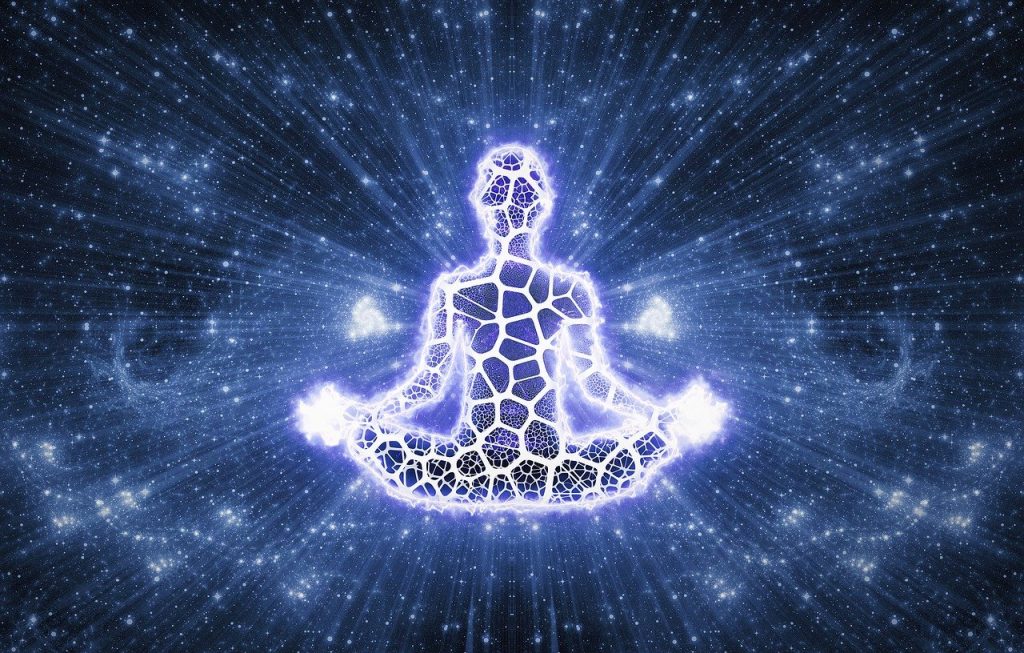Escape the Comparison Cycle – The Inescapable Human Connection: Understanding Ourselves Through Others
From the moment we are born, our existence gains meaning through the presence of others. A newborn cannot comprehend its own bodily sensations without being held, touched, and nurtured. Our physical and psychological development is inseparable from human relationships and societal structures. We rely on caregivers, family, and communities to guide, support, and shape us. Connection — the invisible thread that binds us — is not just a need but the very foundation of what it means to be human.
Escape the Comparison Cycle – As infants, we instinctively bond with our caregivers, surrendering ourselves to their protection.
This dependency on others persists throughout life. Whether as children seeking guidance, teenagers navigating identity, or adults forging paths, we constantly look to others to orient ourselves in the world. A baby senses its body through a mother’s embrace; similarly, we make sense of our existence through the gaze of others. Yet, while comparison is intrinsic to our social fabric, it often morphs into a toxic habit that undermines self-worth.
“Stop comparing yourself to others!” —
a cornerstone of self-help advice. But why? Because comparison often breeds discontent. When we measure ourselves against colleagues earning more, friends traveling farther, or siblings excelling at parenthood, we risk falling into cycles of envy, inadequacy, or resentment. However, this isn’t an indictment of comparison itself. When channeled constructively, witnessing others’ achievements can ignite inspiration. The problem arises when we weaponize comparison against ourselves, interpreting others’ successes as personal failures.
Humanity thrives in community
where relationships become the soil for growth, healing, and transformation. Yet, this interconnectedness is a double-edged sword. While we gain love, support, and belonging, we also absorb societal pressures to compete, measure, and judge. Western systems, for instance, thrive on categorizing individuals into hierarchies of age, achievement, or capability. A baby’s developmental milestones, a child’s academic performance, or an adult’s career progression — all are benchmarked against averages. Parents scrutinize their child’s grades not just to assess progress but to determine if the issue lies with the child or the system itself.
The Paradox of Comparison: Inspiration vs. Self-Sabotage
Why do some view others’ lives as inspiration, while others see them as condemnation? The answer lies in upbringing. Children raised with empathy, patience, and respect for individuality often approach life with curiosity and security. In contrast, those conditioned to compete for approval or love may perceive others’ triumphs as threats. Worse, this mindset can perpetuate cycles of comparison, where we judge not only ourselves but also our partners, children, or friends through the same distorted lens.
To break free, start by asking:
- How often do I compare my life to others?
- What emotions arise when I do?
While occasional envy is natural (e.g., discovering a coworker earns more), chronic comparison fueled by bitterness isolates us, trapping us in victimhood. Here’s how to reclaim agency:
5 Steps to Transcend Comparison
- Awareness: Acknowledge when comparison turns toxic. If envy or shame surfaces, note it without judgment.
- Inward Focus: Redirect energy from others’ lives to your own growth. For example, in yoga class, keep your gaze on your mat—not others’ poses.
- Action: Align daily habits with your aspirations. Want to read more? Replace social media scrolling with a book. Crave adventure? Plan local explorations.
- Professional Support: If comparison feels entrenched, therapy or mindfulness coaching can uncover deeper roots.
- Compassion: Wish well-being for those you envy. Silently repeat: “May you be happy, healthy, and free.” This shifts scarcity mindset to abundance.
Final Reflection: Liberation from comparison begins by honoring our interconnectedness. When we see others not as rivals but as fellow travelers, life transforms into a shared journey of growth — imperfect, messy, and profoundly human.







